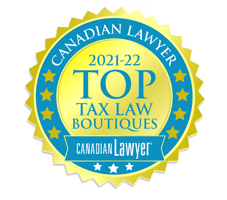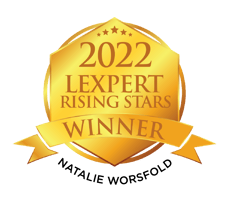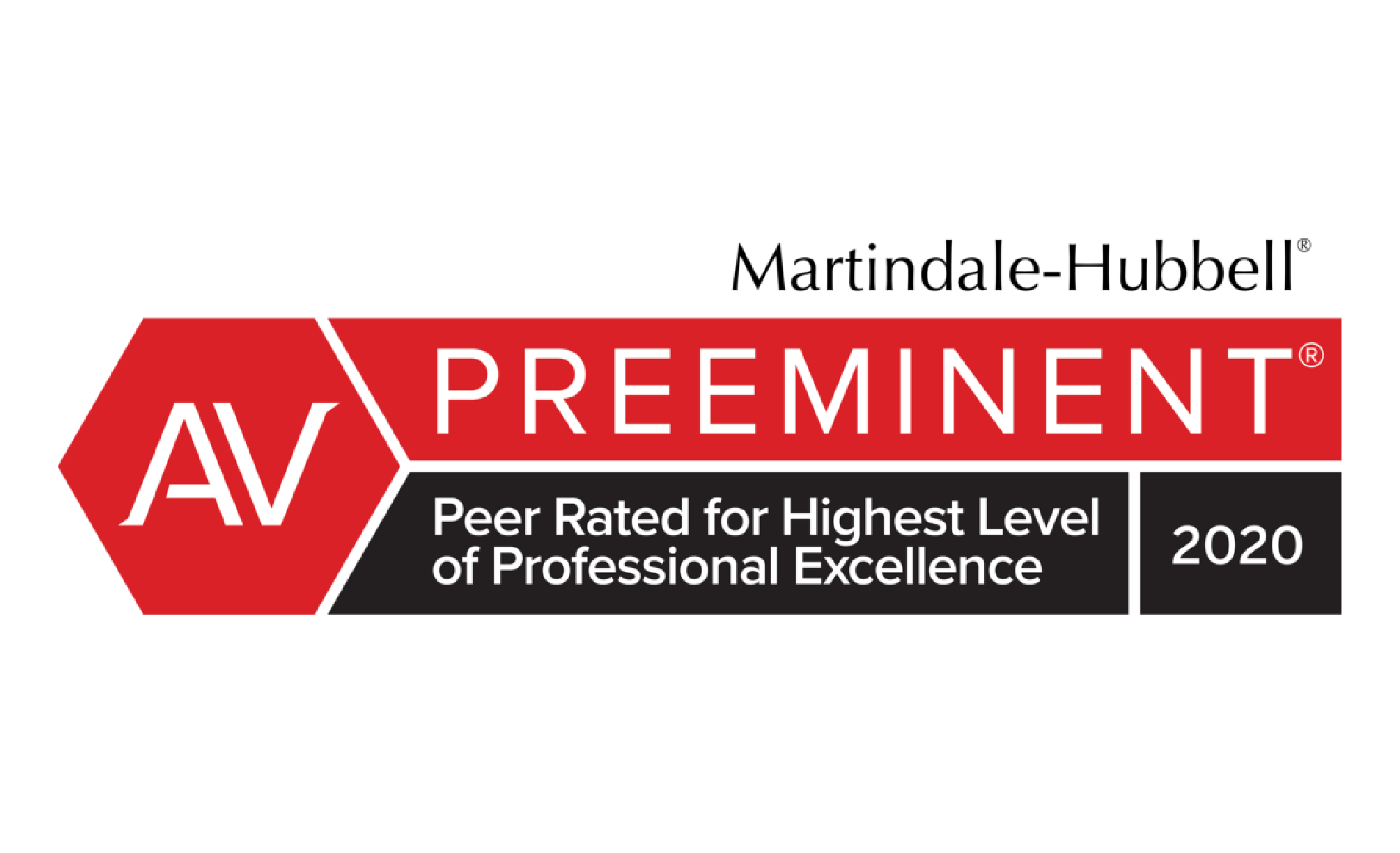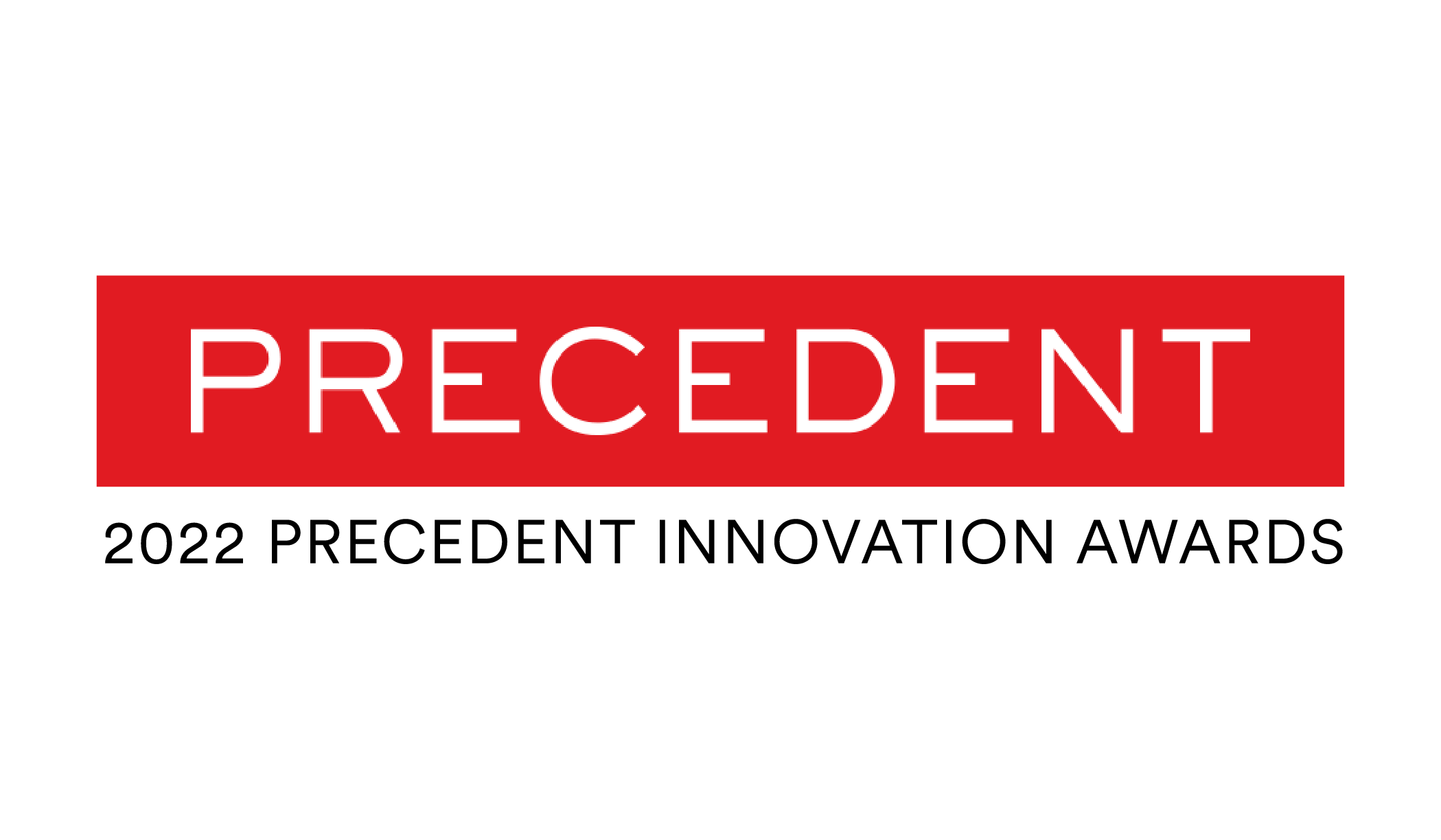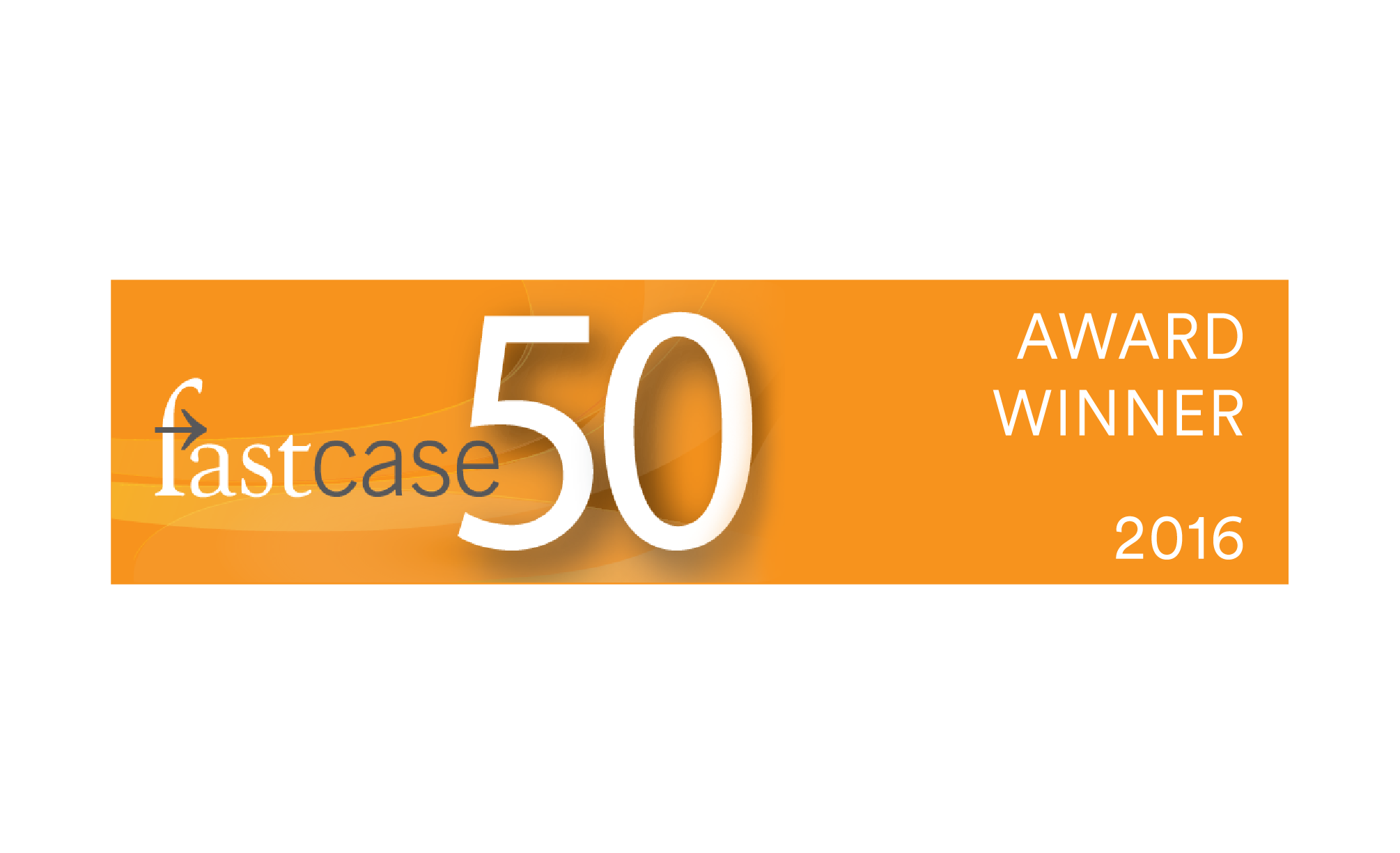
Extensive education is essential for producing lawyers that will meet the needs of your firm and clients. In this episode, Peter and Natalie speak with Bill Henderson about how he aims to teach both law students and established legal professionals the skills they need to innovate their practice and maximize efficiency. The expansion of legal skill sets through modernized education and training will be fundamental in building new law.
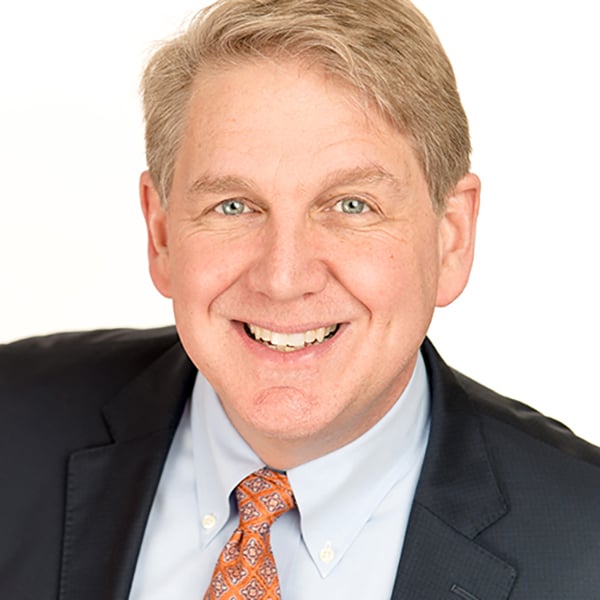
Bill Henderson is a Professor, a Legal Rebel, and one of the most influential people in legal education. Bill joined the IU Maurer School of Law faculty in 2003 following a visiting appointment at Chicago-Kent College of Law and a judicial clerkship for Judge Richard Cudahy of the U.S. Court of Appeals for the Seventh Circuit.
Drawing upon more than a decade of research, Bill is a sought-after commentator on the changing legal marketplace. His observations and research have been frequently quoted in the New York Times, the Wall Street Journal, USA Today, the Atlantic Monthly, the Washington Monthly, The Economist, and National Public Radio. Bill’s essays and studies also frequently appear in the National Law Journal, The American Lawyer, and The ABA Journal.
Bill has accumulated numerous awards. In the last five years, he has been named:
-
One of the 100 Most Influential Lawyers in America by the National Law Journal, a list compiled just once every decade
-
The Most Influential Person in Legal Education by National Jurist Magazine
-
One of the inaugural group of “Legal Rebels” profiled by the ABA Journal
-
In 2010, Bill co-founded Lawyer Metrics, an applied research company focused on the legal industry. Access Group acquired the company in 2015.
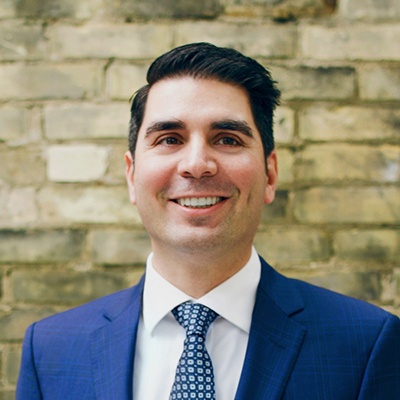
Peter Aprile is a senior lawyer specializing in tax dispute resolution and litigation. His vision as Counter’s founder and his everyday role at the firm are one and the same: to be an agent of change, uncovering opportunities and developing strategies that achieve more than anyone expected. A creative thinker, Peter studies problems from all different angles to find what others have missed. He’s also convinced that he likes winning more than most people.
Different people describe Peter in different ways. At the CRA and the federal Department of Justice, the word relentless comes up quite a lot. Admittedly, so does the word a**hole – but it’s often said with a certain grudging respect, if not affection. Peter’s clients call him a saint. Well, some of them, anyway. His colleagues describe him as empowering and harddriving, but fair. Peter’s friends call him loyal. His wife describes him as a lot to deal with, but worth it. Peter encourages his young daughter and son to call him “The Big Homie,” though with limited success. His mother describes him with the single word mischievous – before going on to complain that he should call more.

Natalie is a tax lawyer who represents individual taxpayers and owner-managed businesses in disputes with the Canada Revenue Agency (CRA). She also successfully challenges CRA decisions denying taxpayer relief and helps facilitate applications under the Voluntary Disclosures Program.
But what you really need to know about Natalie is that she’s a tax litigator with heart. When she takes a case, it’s not out of technical interest – it’s because she cares. And if she believes the government has got something wrong, she won’t stop until it’s been put right. She’s fierce.
Natalie is the co-architect behind many of Counter’s process workflows, software and data analytics systems, as well as our comprehensive knowledgebase (loving named Hank). And when it comes to preparing cases, she’s Counter’s secret weapon – happiest when elbow-deep in evidence, meticulously building creative solutions to seemingly impossible problems. Because the fact is Natalie sees things that other people don’t.
Natalie’s family and friends describe her as loyal, selfless, understanding and fun. They also mention stubborn. To her Counter colleagues she’s a combination of stellar brainpower and contagious enthusiasm who elevates the game of everyone around her.
Practices
Tech, Tools & More
[0:00] [background music]
Peter Aprile: [0:08] Hi, and welcome to "Building NewLaw," Canada's first and only CPD accredited podcast. It's hosted by me, Peter Aprile, and my colleague, Natalie Worsfold.
Natalie Worsfold: [0:16] In each episode, we interview lawyers, legal technologists, and other like‑minded people at the forefront of new law.
Peter: [0:24] We hope that the podcast connects the new law community and helps us all learn more about the approaches that are changing the way that we practice law.
Natalie: [0:32] To learn how you can use this podcast to satisfy your law society CPD requirements, visit our website at countertax.ca/bnlcpd. That's countertax.ca/bnlcpd.
Peter: [0:40] Enjoy the show.
Announcer: [0:41] The Building NewLaw podcast is supported by Counter Tax Lawyers, a new type of tax controversy and litigation law firm. To learn more about Counter, go to countertax.ca.
[1:00] [music]
Natalie: [1:00] Today, we're speaking with Bill Henderson. I assume that Bill needs no introduction, but if any of our listeners haven't heard Bill speak before, get excited. Bill is the editor of "Legal Evolution," which you can find at legalevolution.org, and he's the professor of law at Indiana University.
Peter: [1:22] Bill's also a Fellow at the College of Law Practice Management, and he has a passion for changing how we educate lawyers. We recently met with Bill to hear him talk at the Institute of the Future of Law Practice, or IFLP, and how the program is changing legal skill sets.
Natalie: [1:38] We're big supporters of Bill's work and wanted to talk to him more about what he sees in terms of the desired skill sets for legal professionals, about what IFLP is doing with students and other resources that he recommends to spread innovation among legal professionals. Here's our interview with Bill.
[1:54] [music]
Natalie: [1:56] Hi, Bill. Welcome. We are so pleased to have you here today. We've heard you talk about the gap between legal education and the needs of clients and law firms. I'm hoping you can start of by telling me a little bit about what you see in terms of that gap, and why it exists.
Bill Henderson: [2:15] Thanks, Natalie. I'm absolutely delighted to be here as a long‑time Building NewLaw podcast listener. It's great to be a guest. I think the gap boils down to about a century of success. [laughs] Nothing fails quite so much as success.
[2:30] The common law tradition in both the United States and Canada has been amazing in terms of serving clients' commercial interests. And along the way, law firms have done quite well with the model.
[2:43] The talent for that is just a generalist education coming from law schools of the United States or in Canada. And that generalist tradition doesn't really require law schools to innovate very much, and because the law firms were prospering during this period of time here.
[3:00] The model worked in tandem quite well for both the legal education and law firms. Only since the financial recession, I think that there was a growing awareness that lawyers needed to figure out how to do more with less. And so, law firms were looking around, figuring out how to do that.
[3:17] And step one was to not hire as many junior lawyers and take advantage of experienced [laughs] lawyers, and that led to a dramatic cutback with hiring directly out of law school.
[3:28] And so, law schools said, "How can we make our product, our students, more attractive?" And I think that that's the conundrum we're at right now. Whose burden is it to figure out how to do more with less?
[3:40] And, for the first time in probably 40 years, the academy and legal service providers are engaged in a dialogue, cultivating their mutual interests. And so, we're at the beginning stages of figuring this thing out together.
Natalie: [3:54] So I guess the gap you're talking about has nothing to do with legal education. You're talking about skills outside of traditional academic law, is that right?
Bill: [4:02] We're looking at legal education, right now, to perhaps do more of the initial lift, because we're realizing that just legal skills alone aren't what's required. But we need to blend in legal skills with the kind of stuff that you guys talk about on Building NewLaw, process data, technology, things that deliver more value per unit of lawyer, legal professional effort.
[4:24] The training challenge, the educational challenge, is becoming much more complex to meet the needs of clients, circa 2019.
Peter: [4:33] So what you're saying is, you're dividing out the subject matter expertise, or the substantive expertise ‑‑ like the expertise that generally a lawyer gets throughout his or her career ‑‑ and that's on one side. And, on the other side, are the more practical day‑to‑day skills. Is that correct?
Bill: [4:48] Yeah. I think the practical day‑to‑day skills, pretty much everybody agreed, occurred in the first few years of a practice. The first side of it, or the substantive law specialization, we provided a foundation in legal education and it was developed in the law firms.
[5:06] I think what's new is broadening the canon of the unsubstantive law, and skills like depositions and motion practice, and things like that ‑‑ the things like using data to solve a client's problem, using technology, workflow design, things like that that were never taught at law school. And so, the canon has never been expanded to include those broader skills that are fundamentally non‑legal. Yet, I think, indispensable toward running a modern law practice.
Peter: [5:37] I hear what you're saying in terms of the division between ‑‑ we'll call them modern skills and substantive training. What's your perspective in terms of what law firms have been doing in terms of substantive training? Do you find that there are really good programs in place on the substantive side?
Bill: [5:52] Yes, actually. I've always been impressed by the quality of adult education provided in law firms. Now, not every law firm is first‑rate, but some of the best adult learning going on these days, I think, is occurring in law firms. And they're putting together the kind of substantive law training and skills training that is needed to move from associate to partner.
[6:18] So I have nothing negative to say about what law firms are doing in the substantive training space. But broadening the canon to include data process and technology, that's a new challenge for everybody.
Natalie: [6:32] And what have you seen from law firms in terms of that new challenge? Are there examples of law firms stepping up in these new skill sets?
Bill: [6:39] Very, very little, actually, and I think that it's because it goes back to partners adapting to practice. Let's face it. We've made a lot of money in modern law practice, and always the client has to be willing to go on that journey. And if the client's not ready to go, why change your practice?
[6:59] The business case hasn't fully ripened inside of most law firms, yet. There's an awareness that they need to do it, but it's largely being handled by hiring what they call maybe the kind of "P3" professionals ‑‑ the pricing, project management, process improvement folks.
[7:16] But I was up in Toronto in 2018, meeting with folks at Osgoode Hall, because they were interested in piloting the Institute for the Future of Law Practice. The good folks at Osgoode brought together a bunch of innovation specialists inside the Canadian law firm space based in Toronto.
[7:37] And one of the things that Mark Tamminga, who's a long‑term friend of mine, he showed up at that meeting ‑‑ and he said, "Look, there's a difference in the two markets, between the Canadian and the US markets." Because in the United States, the legal departments are pretty big in size and may have actually led the way in terms of innovation.
[7:56] He was pointing specifically to the Corporate Legal Operations Consortium. But he said the legal departments aren't quite as large or as mature in Canada. And so, they looked to outside counsel to lead the way on innovation, and the P3 professionals ‑‑ the pricing, project management, process improvement folks.
[8:15] And I have to say, that was backed up by how many law firms hired IFLP students, and where they went to work. They went to work in KM. They went to work in process. They went to work in pricing. And so we were astonished at how modern, I guess ‑‑ for lack of a better word [laughs] , or a more precise word ‑‑ the Canadian firms were. They more than got it.
Natalie: [8:39] Always lovely to hear. I love everyone saying [laughs] Canada's leading the way. You have mentioned IFLP there a couple of times. So for our listeners, could you just talk a little bit about that program and what it is?
Bill: [8:50] So the Institute for the Future of Law Practice is a non‑profit based in the United States, but serving law schools and legal service organizations throughout North America and ideal in Europe.
[9:02] And the basic idea of IFLP is, we create curricula to train T‑shaped legal professionals. T‑shaped legal professionals are...picture a "T" with a deep vertical of substantive legal knowledge, and the "T", the portion that cuts across the top ‑‑ data, process, technology, design thinking, business concepts.
[9:25] And we believe that the legal professionals of the future, some have law degrees, but some with some allied professional skill sets and some legal domain knowledge, working in a multidisciplinary environment, is going to be the key toward modern practice.
[9:39] And we're trying to build out a body of knowledge and a curricula that allows law students, but also, very soon, mid‑career professionals, to get tooled up, and to add the skills across the top of the "T" to the toolbox, so that they can better serve clients.
Natalie: [9:56] So is this part of law school, or what does this look like, practically?
Bill: [9:59] Yes. Right now, it's a three‑week boot camp that takes place in mid‑May to early June,. We're in our second year of operation. Last year, we had a program that was at Northwestern Law School in Chicago.
[10:11] This year, we have Colorado Law in Boulder has hosted a boot camp. Northwestern in Chicago is hosting a boot camp, and Osgoode Hall in Toronto is hosting a boot camp. Roughly 25 to 30 mostly law students, but some mid‑career professionals sprinkled in, some with law degrees, some without.
[10:31] It's a three‑week‑long training program that is very much into, not only passing along domain knowledge related to being a T‑shaped legal professional, but practicing these skills in a team‑based environment, so that you actually do these things in an applied fashion. So it's very interactive and, I think, we hope, reflects the very best in adult education.
Peter: [10:54] Without going through the curriculum, Bill ‑‑ we'll post a link to it ‑‑ but what do you think, if you had to pick one, what's the most unique thing that the curriculum covers or delivers?
Bill: [11:04] I think the complete emphasis on multidisciplinary practice and how law is moving toward a team‑based sport where nobody's questioning lawyers' ability to provide the substantive expertise.
[11:18] But the idea would be, "How do we take that substantive expertise and scale it so that we get more client coverage per unit of effort?" This is really about increasing lawyer productivity.
Peter: [11:30] This might sound a little odd, but why isn't this the obligation or the responsibility of the organization itself at a higher level, as opposed to training individual lawyers with these skill sets?
Bill: [11:41] And this is a feature of the industry that I think that is peculiar to legal itself here. But we have businesses that are owned by lawyers, and so they have a lawyer mindset. And, remember, we're at the tail end of a period of enormous prosperity. And so, a lot of people who continually serve clients to keep on concept, there's nothing wrong with the model as it exists today.
[12:07] And so, without some sort of intermediary organization to make it very easy to make this transition, the transition will go on for a period of decades, when ideally it would last for less than half a generation.
[12:21] We need to have some sort of a industry‑level solution where we get the very best people in the industry to collaborate on it for the benefit of the industry. And I think that if we leave it to the individual organizations, they're going to be competing with one another. And they're going to fractionalize the very, very thin talent base we have to solve this problem.
[12:41] And so, IFLP is trying to be the industry‑level solution. We're a non‑profit. We're trying to solve it for the benefit of law schools and legal service organizations. So we think we can do it better, We think we can do it cheaper, and therefore we can do it faster.
Natalie: [12:54] And you mentioned, this is an intermediary. This is not an initiative from a law school, right?
Bill: [12:59] Correct. And a lot of people have asked that, "Why can't we have it done in a law school?" The problem is, is that, to be partisan and just favor my own law school, where that teacher's going to be limited to 150, 250 students a year. And not all of them are going to be interested in the topic. You're just not going to have an industry impact.
[13:19] We have a huge number of volunteers and people that want to be involved in IFLP, because they see it as a way to get results for the industry as a whole.
[13:28] If you think about Silicon Valley, they used to say the reason why innovation took place in Silicon Valley is just because the engineers weren't loyal to Apple, or loyal to Intel. They were loyal to the industry. It had this innovative ethos where people really wanted to stand up as much innovation as quickly as possible.
[13:49] And so, we think that that kind of Switzerland non‑profit center of gravity allows everybody to come to one place to do the most good for the industry as fast as possible.
Natalie: [14:01] And so, is that the group of people, I guess, who are driving this? It doesn't sound like the drive is coming, necessarily, from law firms or law schools. Is the driver that innovative crowd in the industry? Is it the students themselves? Who's having the most influence?
Bill: [14:15] [laughs] Natalie, you asked a really good question, and it really goes back to the Rogers Diffusion Curve. Any social system ‑‑ and law's a social system ‑‑ is broken down into five categories ‑‑ the innovators, the early adopters, the early majority, the late majority, and the laggards.
[14:33] And the innovators are only about 2.5 percent of the total population. That's the group of folks that would want to stand up IFLP. And so, 2.5 percent of the legal industry is a very, very small amount, but they exist in law firms. They exist in legal departments. They exist in courts. They exist in law schools.
[14:54] And so, we want to pull together those innovators to help stand up this effort. And the first customers are the early adopters. And so, by having an intermediary organization, the innovators and the early adopters can get together and stand up a working prototype. And when that delivers commercial advantage to the constituents involved, then the early majority shows up.
[15:18] And so, instead of having to sell, we want to show. And so, that was the point of having the intermediary organization and the boot camps that serve law schools, but don't owe a duty to any particular law school. The idea was to be to move fast and show what can be accomplished by having the innovators and the early adopters work together.
Peter: [15:39] I love that idea of show over tell. We talk about that a lot in our law firm. Are you looking for people to contribute to this, and how can they contribute, or who are you looking for to contribute?
Bill: [15:51] One way to help legal education is to help with a really clear signal and hire an IFLP intern. You hire somebody like that and then you give them a project, or have them work on a team on a project here.
[16:04] And hopefully you get it back an immediate value and you realize, "This person that I hired to work in my innovation team," or, "This person that I hired to work in my legal ops team really contributed a lot of value," and just keep on hiring from that. [laughs] That is hugely helpful. Try us out and hopefully you feel like you're getting the very best.
Peter: [16:26] And ‑ sorry ‑‑ which are the Canadian schools?
Bill: [16:30] So far, Osgoode Hall and University of Calgary, although we have a couple of other Canadian schools that have expressed an interest in joining next year. And we want to serve any school that's willing to promote the program and identify the opportunity to their best students.
Peter: [16:47] Is there a cost to the schools?
Bill: [16:48] Right now, we've been very lucky to have some very far‑sighted sponsors. And so, we haven't charged law schools any money. Most law schools, at least in the United States, are losing money. To ask them to pay for money that they don't have because they're in a structural deficit, it's a bad time to ask for money.
[17:06] That said, if we're helping their students get amazing experiences and then permanent employment, we can get instruction dollars over the longer term. And so, we need to prove the case that we're expanding the pool of employment opportunities for students. The students are having a great experience, and we're connecting them to marquee employers.
[17:26] We're pretty confident that we can get basically instruction costs reimbursed, and so possibly break even. We can take that curriculum, and we can actually use it for mid‑career professionals and executive ed training. And so, that's our longer‑term model to be financially self‑sustaining.
Peter: [17:42] And as somebody who's graduated from UFT in Queens, I ask, "Where are UFT in Queens?" But you don't have to answer that question, I'll just tag them in the podcast episode, and we'll prod them that way.
[17:53] [laughter]
Natalie: [17:53] I just want to ask a couple of more questions about the employment side of it. So you mentioned one way law firms can help is hire an IFLP student. I just wanted to clarify in terms of...you mentioned the curriculum and the three‑week boot camp. So the employment section comes after that. Is that right?
Bill: [18:08] Yeah. And it comes in three different flavors. One is the 10‑week internships. Those are over the summer. It's not for any academic credit.
[18:17] We have for the smaller employers that feel like they don't have the bandwidth to do supervision, we've partnered up with a managed services company. And they actually provide the supervision, and you get some extra expertise there. So they could be contracted through our managed service partner.
[18:33] The third one, which I'm most excited about, is a seven‑month field placement. And this is for academic credit. And this is the students starting in June and working until December of that calendar year. Last year, we had two students at Cisco, and one student at Chapman and Cutler, which is a financial services firm based in Chicago.
[18:55] The two students at Cisco were doing a combination of legal ops, and substantive law, and M&A, and cybersecurity. The student that was at Chapman and Cutler was in their innovations group learning a ton about document automation. They got eight academic credits for that.
[19:11] So with the boot camps, the basic boot camp and the advanced boot camp, those are classroom credits, plus the seven‑month field placement. Basically, their fifth‑semester of law school became a paid residency. And that paid residency or field placement got hugely high marks.
[19:30] By the way, we had a pilot program at Colorado Law School. And it was the employers begging for interns that lasted more than 10 weeks. They wanted to go to seven months. We saw again, and again, and again that the employers saw a huge value over having the interns have a longer period of time.
[19:50] With the skills they learned through the boot camp plus learning a lot about the client's business, they realized, geez, this is a much better way to train and hire people. And we had some permanent employment occur as a result of a pilot program.
Natalie: [20:05] Can you tell me a little bit about the types of students? What qualities are you looking for in the students that are enrolling?
Bill: [20:10] If you're a member school, any student from your school can apply. We actually screen the students. We're looking for initiative, problem‑solving, teamwork, interpersonal skills, and oral communication. Just a basic five‑factor competency model.
[20:27] We feel like if you can into a fully accredited law school, you're pretty smart. So we want these five professional skills because we feel like that's what you need to excel in any team‑based environment. We run the students through a structure behavioral interview. The alumni of our program actually do the interviewing for us. And it's a scored interview.
[20:48] We're confident that everybody that applies to the program is smart. We're looking for the initiative and the problem‑solving skills, and the interpersonal and teamwork skills, and the oral communication skills to have a good foundation to develop from.
Natalie: [21:01] One of the things that stood out when you were describing those qualities is it sounds like it's also about mindset. And so, you must be attracting students who understand this is necessary for their future, and this is the way the law is going to be practiced. Has that been a theme?
Bill: [21:15] The students themselves, if you listen to them talk about their experience, we definitely feel like we attract a more entrepreneurial student. To get into the program, you have to show a track record of initiative.
[21:28] But I think that, going back to the Rogers [laughs] Diffusion Curve, I'm pretty confident that we're attracting innovators, early adopters, and early majority folks. These are folks that have been clued in that the legal market is changing. And they want a skill set that they feel like they can sell with credibility to an employer.
Natalie: [21:50] The students that are going into this program, are they looking for alternate careers in law, or are these still students who would say, I want to be a lawyer and I want to practice law, I just want this broader skill set?
Bill: [21:59] You know, Natalie, that's a really great question. The answer is both. And we let the students decide. Just this past year, where I had the students that were doing the field placement. I think the two of them felt really grateful to have the legal operations skill set. They're very interested in becoming M&A, and cybersecurity, and privacy lawyers.
[22:21] I had another student that felt like he had the aptitude for automation and for coding. He had no idea that he was going to be such a good coder [laughs] , but he liked that. And he liked the multidisciplinary challenge. He liked being in a team‑based environment. And I think that if we were talking to him here, he would say he's definitely forging a non‑traditional path.
[22:44] The students figure this out when they go through the program. Everybody is made better off because they fill out their toolkit. The fact that they have a slightly altered perspective, they're going to become change agents.
[22:56] Even if they go and they become associates in law firms, they're going to realize that there's a better way of solving a problem here. And we believe they're going to be advocates for a different way of doing things. And so, this is going to be the ultimate long‑term play.
Natalie: [23:12] You mentioned earlier you're also focusing on mid‑career professionals and things like that. When are you hoping to get that off the ground?
Bill: [23:20] We know it'll happen sometime in 2019. We're creating a non‑profit operating business.
[23:28] And we think that if we follow this idea of breaking down a creativeT‑shaped professional into a design problem and we solve for that highest quality, most time efficient, lowest per unit cost that we created for the law students and the law students become our advocates that for the 49 weeks a year we're not running boot camps,
[23:50] We can use the same IP, and we can make it available in pieces and parts to legal service organizations that will give us long‑term legs to grow.
[24:01] We are trying to serve the industry here. And we're trying to come up with a model that gives us the financial resources to do that.
Natalie: [24:08] I think the mid‑career focus is amazing, and I think there's going to be a huge demand for that. I speak to a lot of people who are typically mid‑career. And they've heard all of these ideas. They've seen things, and they're looking for an action they can take.
[24:22] I try and connect people with resources. So your blog has been a fantastic resource. I love the fact that this is serious research you guys are communicating, and it's so practical. What you write about seems to be...I guess it's close to my heart because it goes back to that show and tell idea.
Bill: [24:40] [laughs] Thanks, Natalie. I really appreciate that. Legal evolution is a reference to Everett Rogers' Diffusion of Innovation, which is the second most‑cited book in all the social sciences. It's hardcore applied research. There's so much that innovators need to understand about the science of how adoption actually happens.
[25:01] You guys know I'm very passionate about using research to solve practical problems. And there was nothing more on point to me in the legal innovation space than diffusion theory because it was a how to empirically validate a framework that if you understood it, you can make the right decision and save a lot of money and a lot of time, and a lot of heartache and make success more likely.
Natalie: [25:26] I think it's that shared knowledge that comes across when I read the articles. Is there any particular article that you would recommend people start with?
Bill: [25:34] There's the foundational article, which basically takes Everett Rogers' framework and puts it into a context that lawyers would find helpful. I think he had mentioned that legal evolution is meant to be applied research.
[25:48] And just one thing I want to plug is I tell my co‑writers, the people I've asked to be part of the blog here, you cannot rightfully have legal evolution unless you're bringing theory, adidas, cross‑industry comparison storytelling. You need to bring something extra to the table here. We can't rely upon pithy opinions. But it is focused toward real‑world problems.
[26:13] So we're trying to attract somebody that draws upon the academic stuff, but is focused on real‑world problems. Natalie, I can't pick a favorite. [laughs] I like everything that's been published on there. And so, look at the foundational ones here and figure it out. Whichever one is the most recent one. Read the one that we published most recently.
Natalie: [26:35] We'll put the links in the show notes because, like you said, they're all wonderful. And I think definitely those foundational articles will put people on a great footing.
[26:43] Thank you so much, Bill. It's been wonderful hearing more about all the initiatives that you're putting out into the world. I love every single one of them, and I really, really hope that people start listening, people start participating, and that we can make some change with this.
Peter: [26:58] Bill, you're a real inspiration for us, and I just want to emphasize that point. It's nice when you look across this little space that a few of us are in, and we see people like you. And it keeps us going. And thank you so much for all your work. And now for bringing professionals to our industry trained in this way, because that's going to take us to another level as well.
Bill: [27:20] So Peter and Natalie are inspirations to me. I can't tell you how often I've recommended Building NewLaw to folks here, how much I look forward to listening to the podcast. So I guess we're helping each other, [laughs] fellow travelers.
Peter: [27:34] Thank you so much, Bill.
Bill: [27:35] Thank you.
[27:36] [background music]
Peter: [27:36] I'll say this. It's going to be interesting to see the value that IFLP students can deliver to law firms and legal tech companies.
Natalie: [27:57] We already saw. We went to a panel. We saw a bunch of students, and they were all talking about the projects that they'd worked on.
Peter: [28:03] But I don't believe any of that. We didn't see it. We heard about it.
Natalie: [28:08] I saw it from both sides. You can see the students talk about it, and you saw the people who'd hired them.
Peter: [28:13] I guess what I'm talking about is I want to talk to those same people in three, four years.
Natalie: [28:19] And see what they're doing?
Peter: [28:20] And see what they're doing, see how they're progressing, and see how they're valued in the organizations in which they work. And this isn't to be critical. It's going to be interesting to see how the program evolves as well as the people that come out of the program evolve.
[28:35] It's one thing to say I had success in a 10‑week project in a law firm. Now the question is, does the law firm ever use that after that 10 weeks? Do they expand upon it? What does that look like?
[28:46] And to me, that's almost less interesting to the secondary thing which is, is this going to change careers? Does the insight and experience that these people have make a long‑lasting impact on the path that they take and how they carry themselves through their careers? That, to me, is what's going to be interesting.
Natalie: [29:04] So I like the idea of a student that's been through the IFLP program and who has then practiced some of those skills in a practical training area. I think the idea is that they will see things that other students who've been through a more traditional legal education will not see.
[29:22] Going through the boot camp and some of those special projects will open your mind to different aspects, be they business aspects, process aspects, automation opportunities. I think that you're going to spend the rest of your career and your legal practice after that noticing things that other people miss.
Peter: [29:42] I hope so. And just to make that clear, maybe we could give more practical application to people who are listening. Somebody in our law firm sent me something that they wrote today that we needed to send out for editing purposes. And so, I edited it and gave it back to her.
[29:58] And then underneath the edits, I wrote, "Do you appreciate that this thing touches four other processes at our law firm?" And so, can you go put in a ticket for this? And you might want to think about putting in a ticket for this.
[30:11] And do you see how this might shift this workflow in some way, shape, or form? And by the way, is this in our style guide in some way, shape, or form? And so, at least for our law firm, everything we do is interconnected and part of the entire organism, I guess.
[30:26] And it's going to be interesting to find out whether IFLP students or students that have this training have a greater ability to understand that everything they're doing is interconnected to everything else. Do they have that heightened sense of how things are interconnected so they're able to identify and solve those problems as they move forward?
Natalie: [30:45] From what I've seen about what they're learning in their boot camp, it'll be a very high level introduction. At least, they understand these concepts. They understand the potential and how to use them.
[30:55] And I think it's that knowledge that is missing from traditional law school training where somebody comes, and during their first summer work experience, they don't have any comprehension that you could map out this process, and you could try and tweak things here and there.
[31:11] To me, the three‑week boot camp gives you the introduction that you could also get it from reading Bill's blog, for example. [laughs] It's just the importance of having the exposure to understanding how other things work.
[31:25] To me, this program, it's a huge step into, "Hey, we're not going to wait around for law schools to change, or law firms to change. We're going to make something in the middle. It's going to be great. From here, you guys do whatever you need, but we're going to start turning out people with these skill sets.
Peter: [31:42] Hold on. Are you telling me that we found somebody who isn't just complaining on the Internet and telling us everything that's wrong with legal. And instead, they're stepping forward and actually doing something about it?
Natalie: [31:52] Absolutely. [laughs]
Peter: [31:53] Unbelievable.
[31:53] [background music]
Natalie: [31:53] For this episode's show notes and transcript and how to satisfy your law society's CPD requirements, please visit our website at buildingnewlaw.ca.
[32:10] We'd love to hear from you, and if you have any feedback, feel free to send an email to info@buildingnewlaw.ca or come and find us on Twitter @buildingnewlaw. Don't forget to subscribe on iTunes, our website, or wherever else you get your podcasts.
Announcer: [32:22] Thanks for listening to the Building NewLaw podcast brought to you by Counter Tax Lawyers. To learn more about Counter, go to countertax.ca.
[32:33] [music]
Lawyers that have completed the S04E04 BNL CPD can claim a 30 minute Professionalism CPD credit.
- To access the S04E04 verification examination click this link.

.jpg?width=120&name=Counter%20Tax%20Litigators%20Logo%20Stacked%20(MidnightBlue%20on%20White).jpg)


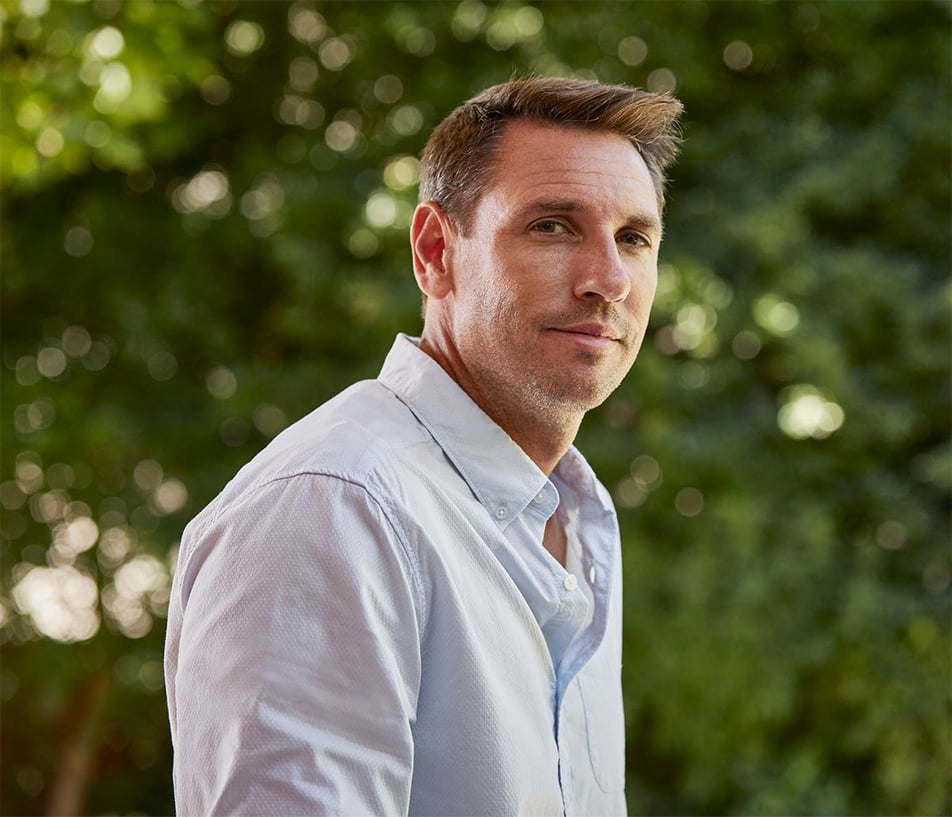

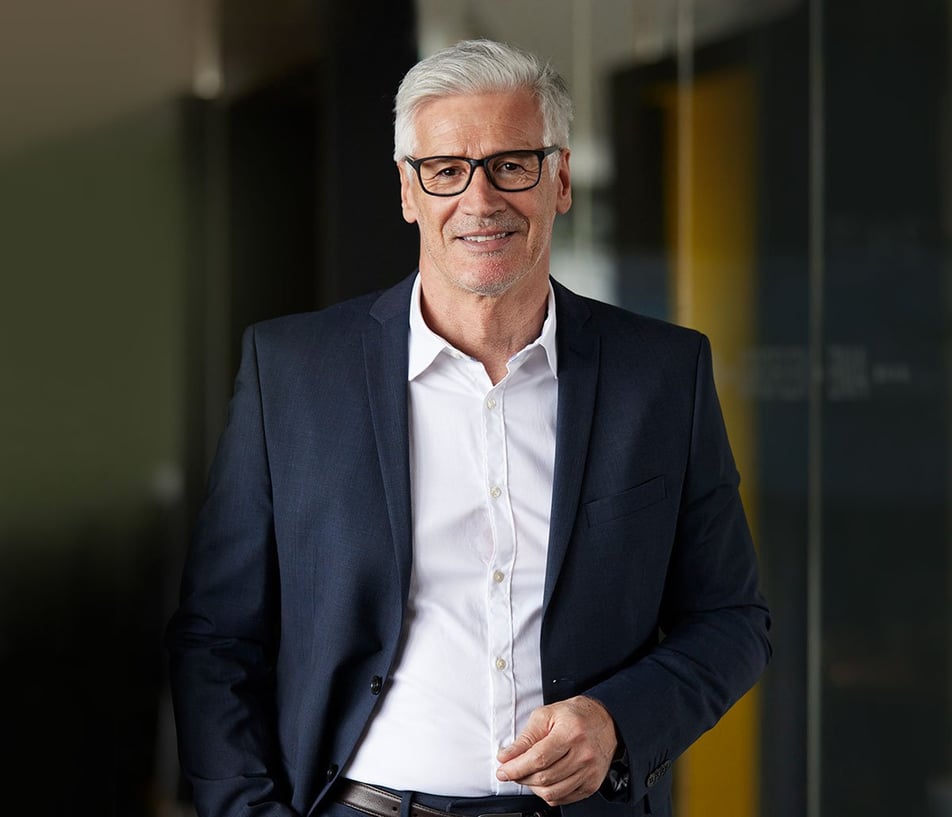

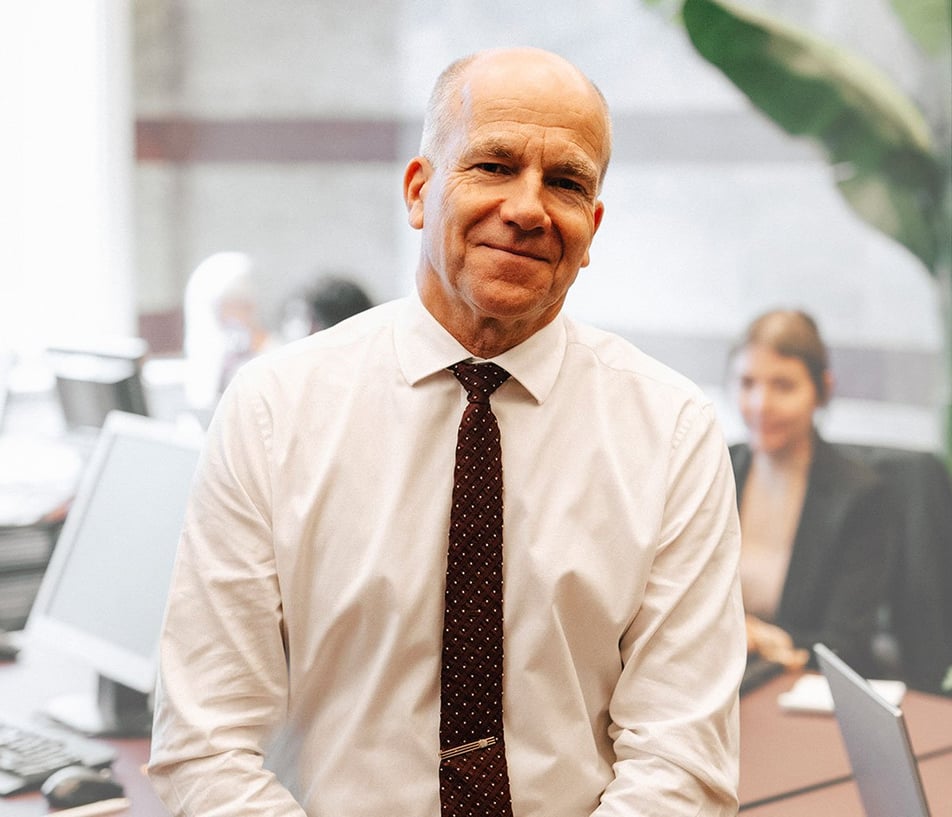
.png?width=400&height=400&name=CT-How_Can_We_Help-22_july_NewGraphic_b(small).png)

.png?width=1386&height=1224&name=2025%20Legal500%20Elite%20Boutique%20Award%20(Badge).png)
.png?width=1386&height=1224&name=ITR%20Finalist%20Practice%20Leader%20of%20Year%20Peter%20Aprile%202024%20(Badge).png)
.png?width=1386&height=1224&name=2025%20Legal500%20Leading%20Firm%20Client%20Satisfaction%20Award%20(Badge).png)
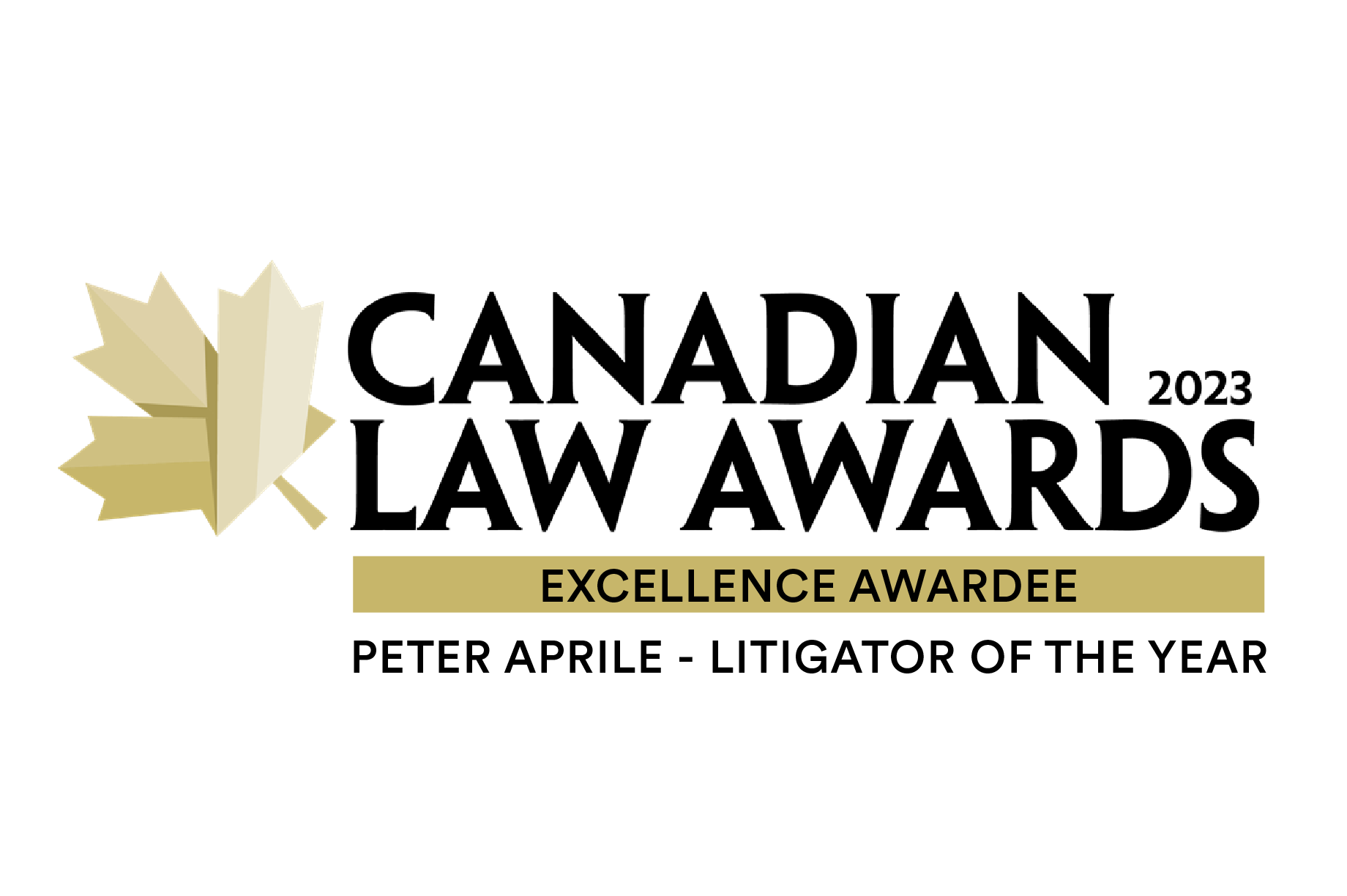
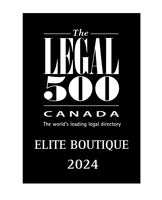

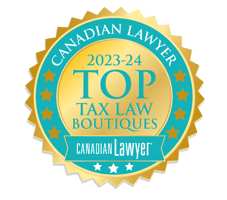
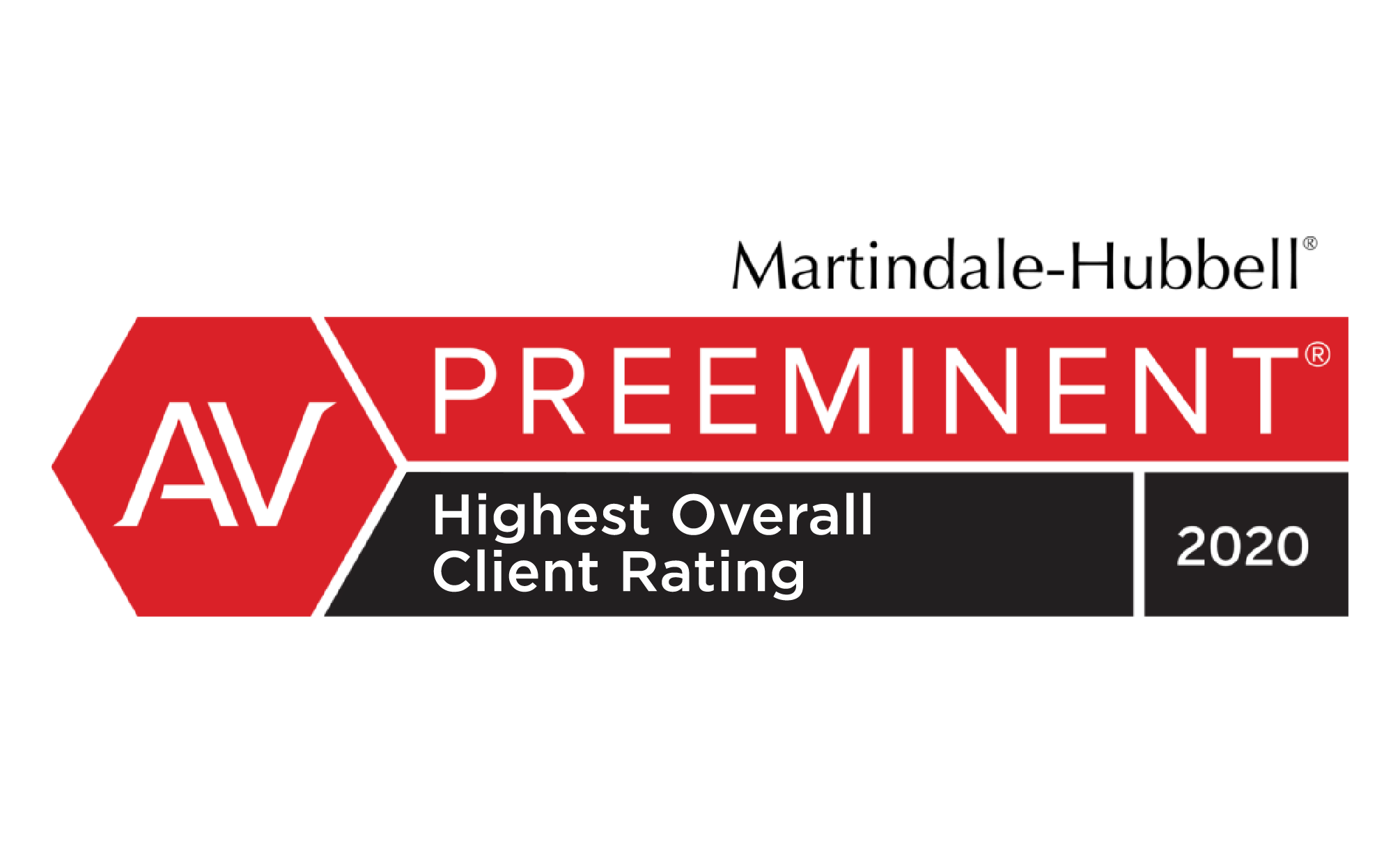
.png?width=1386&height=1224&name=ITR%20Tax%20Innovator%20Finalist%202024%20Award%20(Badge).png)
